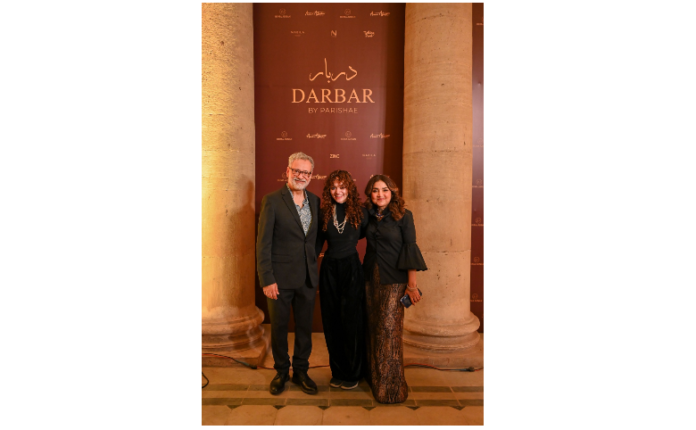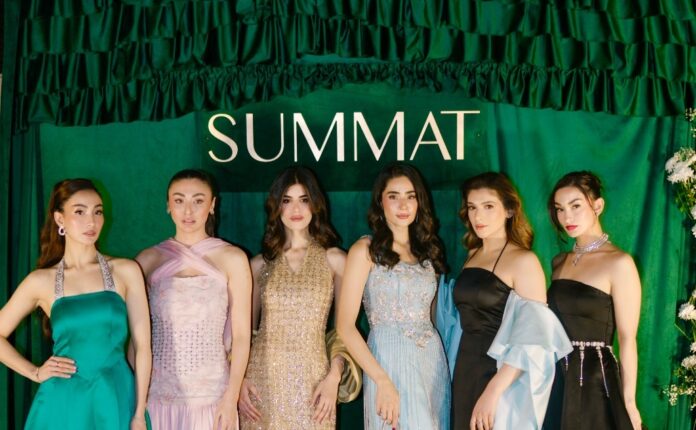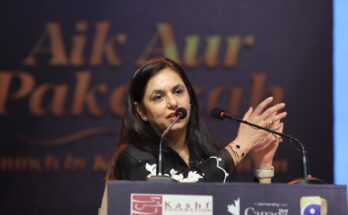Popular Pakistani actress and model Mahenur Haidar got a deep side of her life during a candid discussion podcast of actor and host Ahmed Ali Butt, who is best known for his role as ‘Apana’ in the popular drama series ‘Khaie’.
Mahenur revealed the reasons behind her decision to stop wearing the burqa, which used to be an important part of her social identity.
Mahenur Haidar comes from a devout religious family where regular prayers form the basis of daily life. However, contrary to some expectations, there is no family tradition of wearing a burqa or covering the head with a dupatta or scarf. This contradiction is central to Mahenur’s reflection on his journey and religious garments.
In the podcast, Mahenur said she made a personal decision to start wearing the burqa in 2009, during ninth grade.
He shared the first reason, hoping his father would see it as a positive step towards receiving religious services.
His father’s reaction, however, was one of amusement rather than approval. He questioned the legitimacy of his sudden adoption. He asked him, “What is this hypocrisy?” call for reconsideration reasons.
Many years later, thinking about his father’s answer, now he accepts his own opinion. He advocated prioritizing inner spiritual growth over outer appearances, a sentiment that resonated deeply with emotional and personal development.
The actress revealed the challenges she faced after accepting the burka. This decision was met with mixed reactions from friends and family. His friends ridiculed his choice, and even his mother, while not too critical, expressed her displeasure at the disparity in the appearance of his family when they were together.
“Mahenurr, you seem strange to us. When we go out, you don’t feel like part of our family,” her mother said.
This reaction eventually led Mahenur Haider to re-evaluate his attitude towards religious dress. Today, she chooses to choose the burka, freed from the ability to decide when and how to perform this ritual.
She abandoned her habit of covering her head with a dupatta when not wearing a burqa, influenced by her desire to avoid public scrutiny and maintain consistency in her personal appearance.







